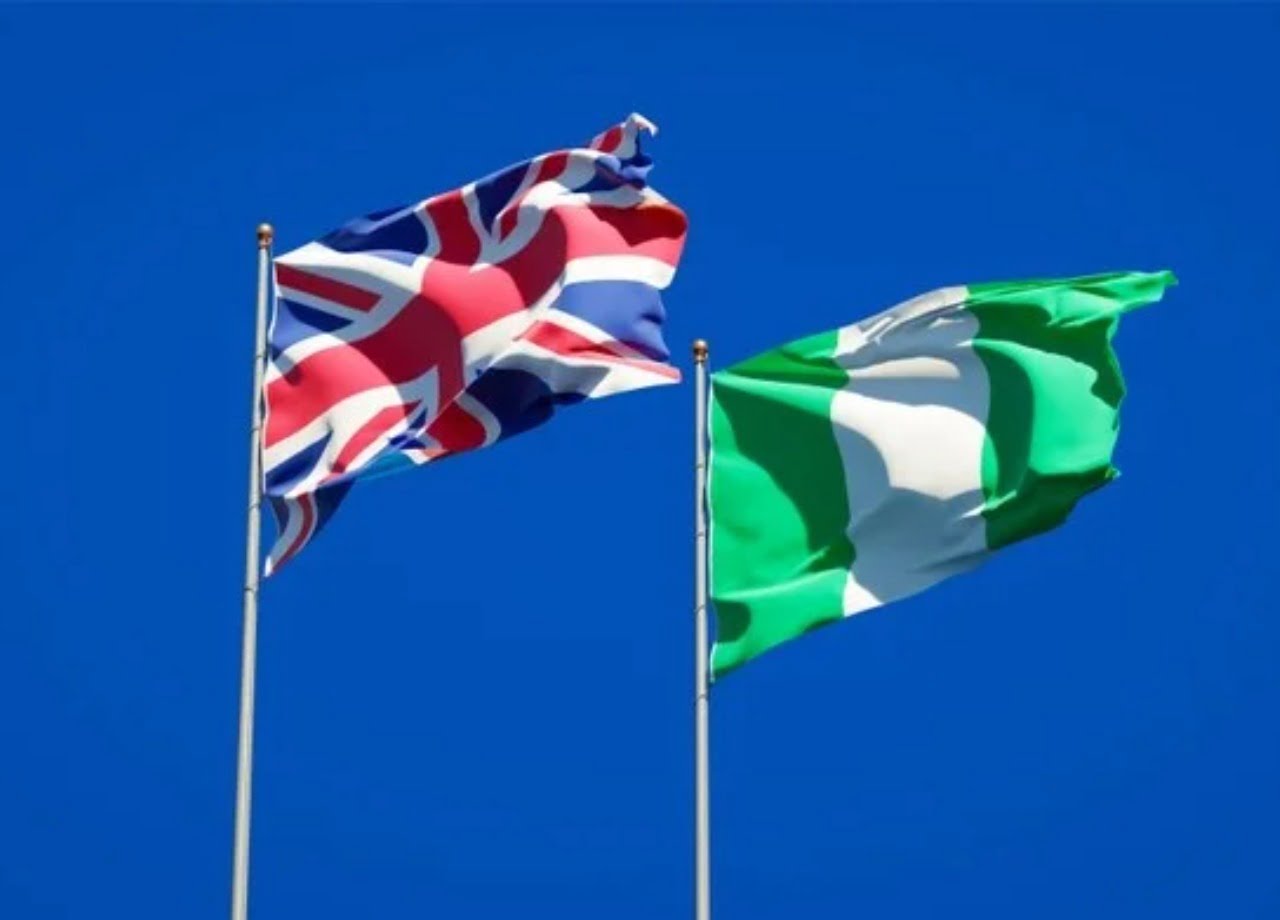
Keep up with latest news and be part of our weekly giveaways and airtime sharing, follow our WhatsApp channel for more update. Click to Follow us
According to the Nigeria Immigration Service (NIS), Nigeria and Britain must come to a bilateral agreement to resolve issues about the British adoption law, which some Nigerians believe to be unfair.
The recommendation was made by the NIS in response to queries from the News Agency of Nigeria (NAN) in response to worries raised by some Nigerians regarding the strict adoption regulations of the United Kingdom (UK), which they said were negatively impacting Nigerians living in the UK.
On Thursday in Abuja, Mr. Kenneth Udo, Public Relations Officer (SPRO) and Deputy Comptroller of Immigration (DCI) of NIS, Abuja, spoke on behalf of the Service.
According to Udo, it would be more equitable to evaluate each adoption case in the UK separately rather than imposing a general norm on all Nigerians wishing to bring in adopted children into UK.
“If the parents have followed all Nigerian adoption laws, a blanket policy by the UK preventing them from bringing their adopted child into the country could seem unfair.
“However, the UK’s reasoning likely stems from concerns about safeguarding the child’s welfare, ensuring proper immigration processes, and preventing exploitation.
“It would be more just if such cases were reviewed individually rather than applying a blanket rule to all Nigerian adoptions”, he said.
According to NAN, a rule that was implemented in the UK almost ten years ago requires couples who wish to adopt a child from Nigeria and a few other specified nations to go by strict guidelines.
One of the main provisions of the law is that would-be adoptive families must pay for the visits of UK agency representatives responsible for child adoption so they can witness the entire process.
A worried couple lamented to NAN that most of the affected couples had endured terrible experiences as a result of the circumstance, with some having to relocate from the UK or plan yearly trips to Nigeria to see their children.
Additionally, Udo utilized the platform to clarify why immigration officers required consent letters from either of the parents traveling with children abroad.
“When a parent travels alone with their children, immigration authorities require a consent letter from the other parent or legal guardian to prevent issues such as child abduction, trafficking, smuggling or custody disputes.
`This letter ensures that the child is not taken out of the country without the knowledge or consent of the other parent or legal guardian.
“In cases of separated or divorced parents, one parent may not have the legal authority to travel with the child, and the consent letter helps to avoid international custody disputes,” he said.
Udo also stated that many countries, including the UK, “also require parental consent letters for minors travelling with one parent.
“The consent letter demanded by the Nigeria Immigration Service at Nigerian international airports is part of global child protection measures.”
According to him, the consent letter, which must be notarized and contains details like trip dates, destinations, and a copy of the consenting parent’s identity, must normally be signed by the absent parent.
Udo continued, saying that the UK’s adoption policy from Nigeria “is specific to inter-country adoptions and it focuses on concerns about documentation and the risk of child trafficking in the adoption process.”
“These are separate issues, though both involve the safety and legal protection of a child and it is why NIS is calling for bilateral agreement.”
Please don’t forget to “Allow the notification” so you will be the first to get our gist when we publish it.
Drop your comment in the section below, and don’t forget to share the post.





![Reactions trail video of actor, Akin Olaiya’s new wife’s facial expression [VIDEO]](https://zingtie.com/wp-content/uploads/2025/07/Akin-Olaiya.webp)
![‘Man is not built to sexually be with one woman’ – 2Face Idibia [VIDEO]](https://zingtie.com/wp-content/uploads/2025/07/2Face-1.jpg)

